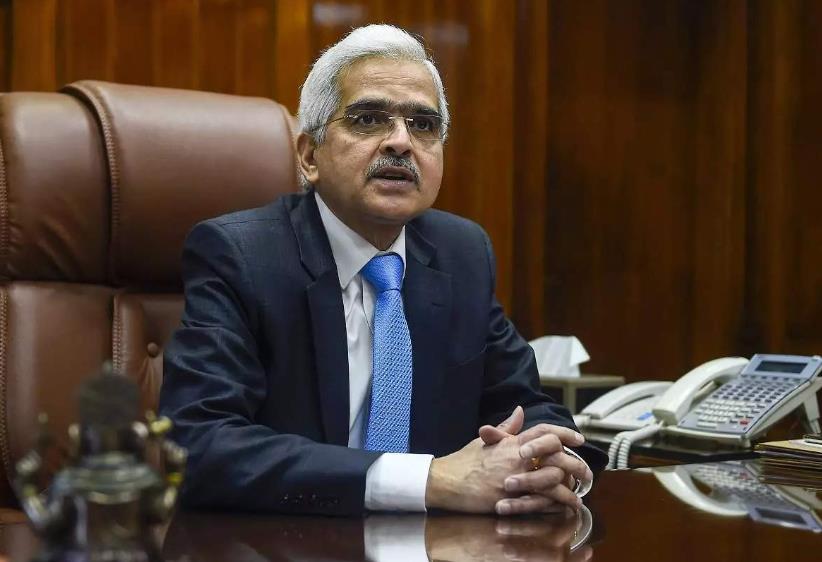Cryptocurrencies have been gaining popularity over the past few years, with many investors seeing them as a viable alternative to traditional currencies. However, the Reserve Bank of India (RBI) is warning that they could also be a significant risk to the financial system.
According to the head of the RBI, Shaktikanta Das, cryptocurrencies like Bitcoin BTC -0.08% and Ethereum ETH -0.71% could potentially spark the next financial crisis. Das stated that these digital assets are “highly volatile” and are “not backed by any tangible assets.”
“There is a real danger that cryptocurrencies could become a conduit for illicit activities, such as money laundering and terrorist financing,” Das warned. “We need to be very cautious about their use, especially in the absence of any regulatory framework.”
The RBI has already taken steps to ban banks from dealing with cryptocurrency exchanges, but Das believes that more needs to be done to mitigate the risks associated with these digital assets.
“We need to work towards developing a regulatory framework for cryptocurrencies, but until that happens, we need to be very careful about their use,” Das said.
The concerns over the potential risks of cryptocurrencies are not limited to India. Many financial experts around the world have warned of the dangers of investing in these digital assets, citing their lack of regulation and the potential for fraud and manipulation.
“Cryptocurrencies are inherently risky,” said financial analyst John Smith. “There is no central authority overseeing their use, which means that there is a higher risk of fraud and manipulation. Investors need to be very careful when considering whether or not to invest in these assets.”
Despite the warnings, many investors remain bullish on the future of cryptocurrencies. Some believe that they have the potential to revolutionize the way we handle money, while others see them as a way to diversify their investment portfolios.
“Cryptocurrencies are still in their early stages, and there is a lot of uncertainty surrounding them,” said investor Karen Brown. “But I believe that they have the potential to change the way we think about money and financial transactions. I’m willing to take the risk and invest in them, despite the warnings from experts.”
The future of cryptocurrencies remains uncertain, but it is clear that there are both supporters and detractors. As the use of these digital assets continues to grow, it will be important for regulators to carefully consider the risks and benefits of allowing them to be used in the financial system.






